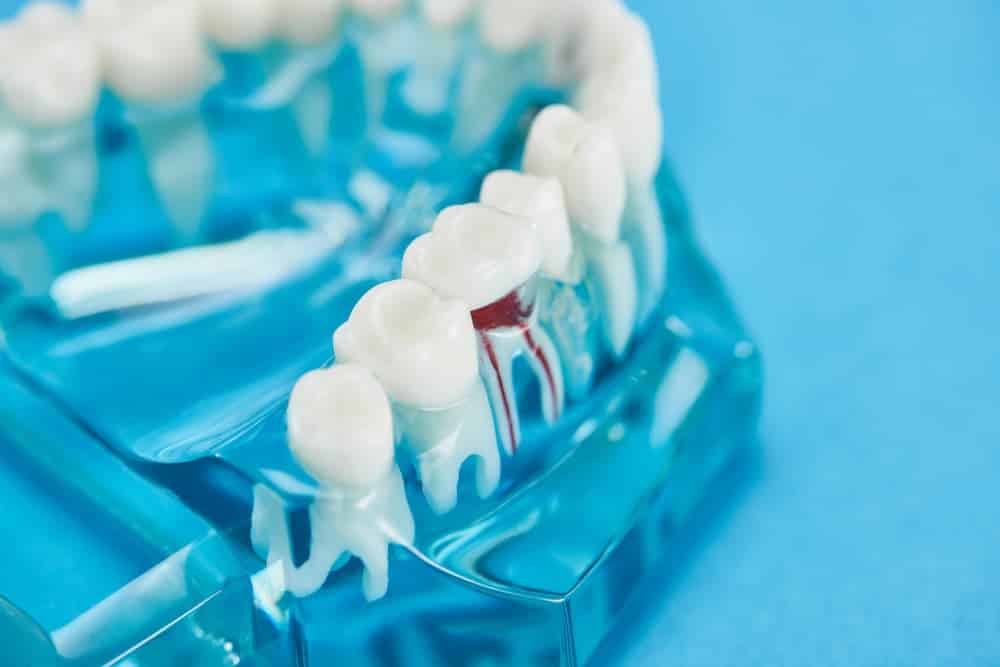Welcome to Total Dental Care, where we’re committed to providing you with the latest insights in modern dentistry. In this blog post, we’ll delve into the various types of Root Canal Treatment (RCT) available at our clinic. Each type is tailored to specific dental conditions, ensuring you receive the most effective and comfortable care possible.
Varieties of Root Canal Treatment (RCT)
Root Canal Treatment (RCT) techniques have evolved to cater to various dental conditions. Conventional RCT involves removing infected pulp and sealing the tooth. Microscopic RCT employs advanced technology for precise treatment. Non-surgical RCT is common for straightforward cases, while surgical RCT is for complex situations. These variations ensure tailored solutions, preserving natural teeth effectively. Always consult a dentist for the most suitable approach.
1. Standard Root Canal Treatment
This is the most common type of RCT. It involves the removal of the infected pulp from the tooth’s root canal system. After cleaning, shaping, and disinfecting the canals, they are filled and sealed to prevent further infection. A dental crown is often placed on the treated tooth to strengthen and protect it.
2. Apicoectomy
Also known as root-end resection, an apicoectomy is performed when the infection persists after a standard RCT. In this procedure, the tip of the tooth’s root and the surrounding infected tissue are removed. The root is then sealed to prevent further infection. Apicoectomies are typically recommended for complex cases.
Visit the best dentist doctor in Agra for insights into Types of Root Canal Treatment (RCT) options.
3. Pulpotomy
A pulpotomy is a partial removal of the pulp tissue. This procedure is commonly performed on children with deep cavities that have reached the pulp but haven’t caused extensive damage. The remaining healthy pulp tissue is left intact, and a protective filling is placed over it.
4. Pulpal Debridement
Pulpal debridement is a preliminary step in the root canal process. It involves the removal of infected or damaged pulp tissue. This procedure may be recommended in cases where a severe infection is present and the tooth requires multiple visits for complete treatment.
5. Non-Surgical Retreatment
In some cases, a tooth that has previously undergone RCT may become re-infected. Non-surgical retreatment involves reopening the tooth, removing the existing filling materials, and re-treating the root canals. This approach is typically attempted before considering more invasive procedures.
6. Regenerative Endodontics
This innovative approach is used to restore damaged or immature teeth. It involves stimulating the growth of new, healthy pulp tissue to replace damaged or infected tissue. Regenerative endodontics is particularly beneficial for young patients with underdeveloped teeth.
At Total Dental Care, we understand that every dental situation is unique. Our experienced team is well-versed in a range of Root Canal Treatment techniques, allowing us to tailor the approach to your specific needs. If you’re experiencing dental discomfort or have questions about RCT, don’t hesitate to reach out to us. We’re here to guide you towards a pain-free, healthy smile.

